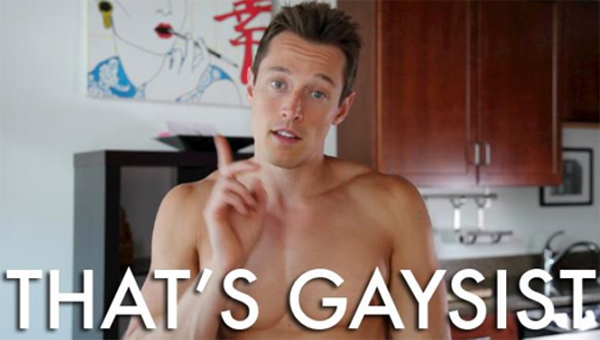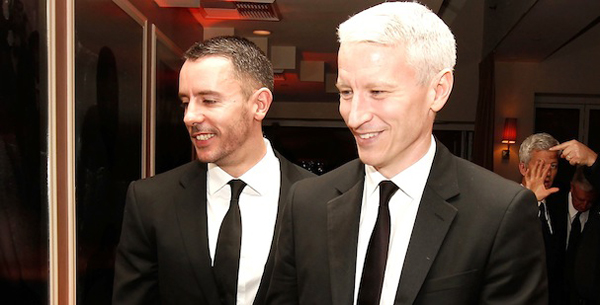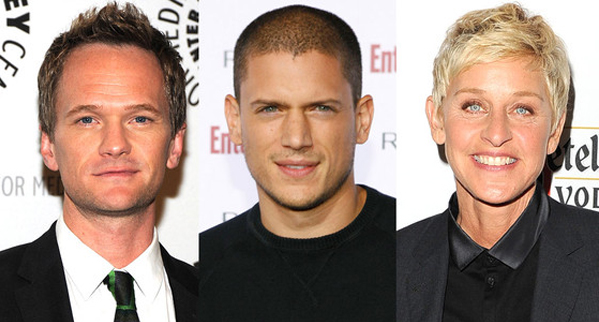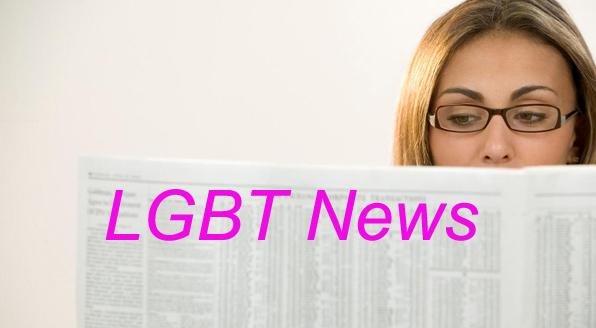TARGET and Anti-Gay Donors Lose Court Case

Judge Donovan Frank wrote that “the voting public has an interest in knowing who is speaking about a candidate… and knowing the sources of election-related spending…. Invalidating the election laws at issue here would likely result in corporations [and organizations] making independent expenditures without any reporting or disclosure on the eve of the upcoming general election on November 2.”
Minnesota Citizens Concerned for Life (an anti-abortion group), The Taxpayers League of Minnesota (a group against taxation) and an unnamed travel agency filed the suit to freeze Minnesota’s campaign finance reporting laws. This move, if it had gone their way, would in essence hide vital information about political candidates and their allegiances from the view of voters. The knowledge that retail giant Target had made large contributions to the anti-gay marriage movement is the kind of information that would go undetected if the suit had succeeded.
Minnesota is one of the states which has disclosure laws protecting its citizens from the most voter-unfriendly aspects of the Supreme Court Decision known as “Citizens United V. Federal Elections Commission”. In the Citizens United ruling, the Supreme Court overturned parts of our nation’s campaign finance laws thereby inviting corporations to dump unlimited amounts of cash into any candidate or political action committee.
As of now, the most prominent legislative issue to be adversely affected by the Citizens United ruling has been advocacy for gay marriage. The three groups who brought the suit against Minnesota were all aligned with the Tom Emmer campaign and a group called MN Forward. They also received donations from Target and support from the National Organization for Marriage (NOM) who have been pulling legal and legislative stunts to stop marriage equality nation-wide.
HRC Gets Last Laugh
The Human Rights Campaign (HRC) received bitter condemnation from the gay community because they had given Target an esteemed 100% rating on their Corporate Equality Index. This led shoppers and voters into a false sense of security whereas the company was concerned because the index did not take into consideration the idea that their future donations would pose a risk to gay marriage.
The HRC expressed much regret in forming a partnership with Target and were unable to reconcile their political differences even after the company expressed interest in an ongoing relationship with the HRC. Subsequently, the organization has decided to remove Target from its much respected CEI. In a press release sent out by the HRC on Monday September 27, the group highlighted failures on the part of Target’s horse in the race as well as the now dashed hopes of NOM.
“It’s particularly galling that if NOM had their way, corporations like Target and Best Buy would be free to influence elections out of public view”, says the HRC, “[but we] praise a federal court ruling that upheld Minnesota’s campaign disclosure laws from [this] challenge.”
The HRC points to questions that have been raised about whether NOM is deliberately evading Minnesota’s public disclosure requirements. In Minnesota, NOM has released television and radio ads against pro-equality candidates and sent a widely-condemned mailer targeting an openly-gay Republican candidate in his primary race – all while failing to disclose its campaign activities in the state.
































